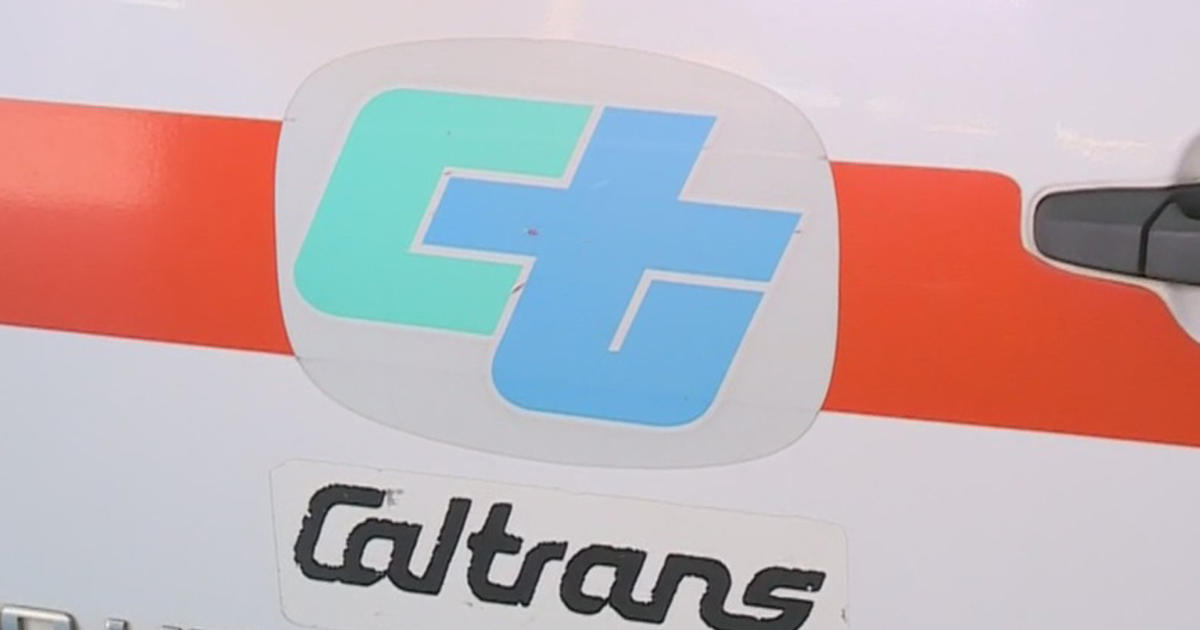Updated Earthquake Alert System Tested on BART
DUBLIN (CBS SF) -- BART officials on Monday unveiled an updated, high-tech earthquake warning system that the transit agency believes will save lives if a major quake hits.
The first of its kind in the country, the warning system automatically slows trains before an earthquake strikes, giving riders anywhere from a few seconds to a full minute to drop, cover and hold on.
With Bay Area residents live along seven significant fault lines, it is a question of "when" not "if" as far as preparing for the next major earthquake. Scientists predicting more frequent and stronger earthquakes in the future.
"We have 20 to 30 a day in southern California and 50 a day in the entire state," said Robert Degroot with the USGS. "So we could have an earthquake at any time."
On Monday, BART offered details on a newly-upgraded earthquake alert system called ShakeAlert 2.0. It was developed to give passengers a few seconds of warning before the ground starts shaking.
The system has been in development over the past five years in a collaborative effort between the U.S. Geological Survey, UC Berkeley, the California Institute of Technology, the University of Washington and the University of Oregon in conjunction with the California Governor's Office of Emergency Services.
The system uses a network of more than 800 sensors across California, Oregon and Washington. Those sensors read deep waves in the ground -- called p-waves -- that occur during an earthquake.
"You very rapidly detect the beginnings of the earthquake – the first signals of the earthquake – at the surface close to the epicenter," said Richard Allen, director of the Berkeley Seismological Lab. "You then characterize the area over which the shaking is going to be felt, and then you push an alert out to people who are going to be in harm's way."
Once the system is triggered, the trains will automatically slow down without human aid.
After the slow down, ShakeAlert will send a warning to train control. BART staff will then follow earthquake emergency procedures, checking the tracks to ensure that no damages has occurred during earthquake.
Monday's test seemed to be uneventful. Trains throughout the system were slowed to 27 miles per hour at 11:15 a.m.
"I felt it slow down, but I was waiting for the announcement," said Oakland Mayor Libby Schaaf, who was among the government officials along for the test.
A process for alerting the general public directly through this system, has not been developed yet.
Notifications could get sent to people's cellphones, bringing real-time earthquake warnings to the general public, much like what is already in place in Japan and Mexico.
"The art of earthquake prediction is just an art. There is no way of knowing whether or not an earthquake will happen," said Degroot.
Ideally, the alert system will eventually send notifications to schools, hospitals, water facilities and eventually to California resident cell phones via an app. Currently there is no timeline as to when the earthquake alert would be available to the general public.



